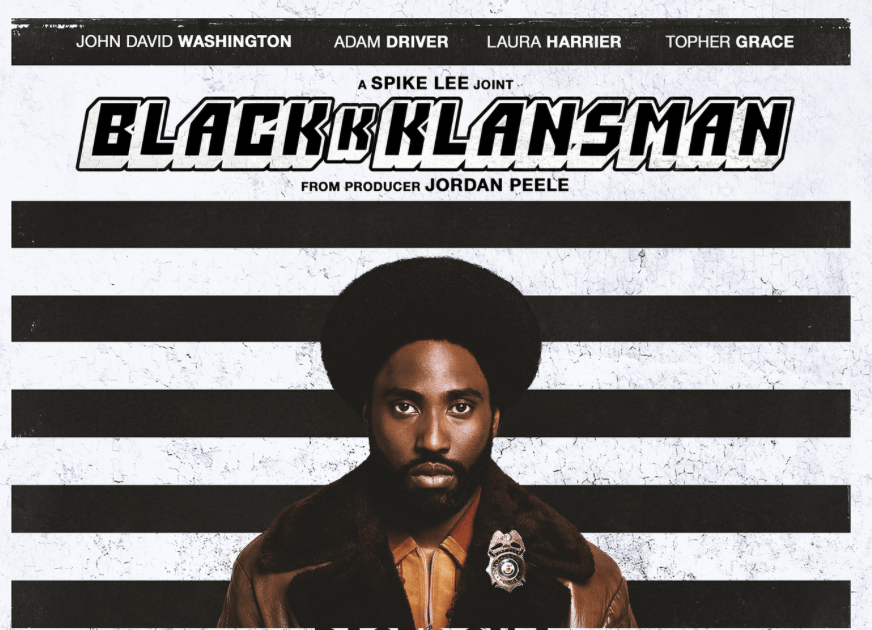Photo courtesy of IMDb.
Spike Lee’s latest film to grace the big screen, “BlacKkKlansman” received controversial critique from fellow Director Boots Riley.
The film showcases a side of racial politics that is relevant in modern day.
The film, based on a true story and set in the 1970s, follows Ron Stallworth, a new cop and various members of the Colorado Springs Police Department infiltrating the local chapter of the Ku Klux Klan and the ensuing drama.
“BlacKkKlansman” boasts Lee’s clever and charming dialogue and characterization with its honest discussion of race, excellent pacing and unique yet evocative editing. The film is unafraid to address the philosophy of hate groups and draw parallels to modern-day rhetoric. This is something that most films would be far too afraid to touch, for fear of polarizing its audience and driving away potential revenue.
However, Boots Riley, another black director who recently made his first foray into film with the critically acclaimed “Sorry to Bother You” intensely criticized “BlacKkKlansman’s” portrayal of the police at the time. He claimed this portrayal to be an insultingly fictionalized version of Ron Stallworth’s true story over twitter. Riley also took his time to state that Lee’s filmography was what inspired him to go to film school in the first place.
Riley stated that the film adaptation of Ron Stalworth’s non-fiction novel took many liberties to paint the police in a brighter light. His accusations were all true and based on fact, much of which came from Stalworth’s very own book.
Riley’s claims are all backed up with historical evidence that is easily accessible with minimal searching, many of which can be found in Stalworth’s original book. Lee himself did not deny the historical critique of the accusations that Riley made towards his film in a later interview with the New York Times, but did contest that the movie was not a propaganda piece as Riley claimed.
In a time when police brutality and the role of policing in society, particularly against minorities, is under more scrutiny than ever, releasing a film that polishes up the role and reputation of the police seems manipulative and ethically questionable. The film is expertly crafted and enjoyable, but these unfortunate attempts at rewriting history taint the experience.
“BlacKkKlansman’s” ending makes it clear that the film was intended to be political and tie itself in with the modern political landscape. With such strange and off-putting decisions, one must question how genuine that desire is.
“BlacKkKlansman’s” ending makes it clear that the film was intended to be political and tie itself in with the modern political landscape. With such strange and off-putting decisions, one must question how genuine that desire is.

